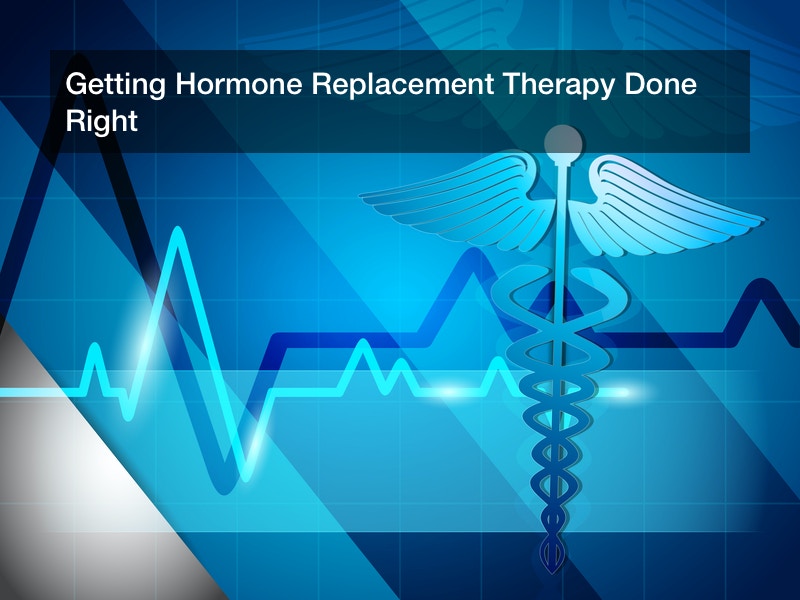
The human body undergoes a number of changes throughout its life, such as puberty during adolescence and further hormonal changes later in life. Both men and women experience a change in their sex hormones later in their lives, and while men experience a decrease in testosterone known as andropause, women experience menopause, when their estrogen levels decrease. When a woman is undergoing this change, she may experience a number of alterations to her body and mind alike, and she may not like any of them. This is why older women may undergo hormone treatment therapy, and menopause solutions may help a woman enjoy her later years better. An anti aging clinic is a fine place to visit for hormone treatment, and an interested client should of course visit her doctor before starting hormone replacement therapy. An on the subject of womens health, what is there to know about infertility?
Women and Their Hormones
There may be some misconceptions where menopause is concerned. In fact, the phase known as “menopause” is really only a 24 hour time frame when the woman’s hormones change, and the four years before that are known as perimenopause. Meanwhile, the years after menopause are the post menopause phase, and that will last for the rest of the woman’s life. Statistics show that the mean age for menopause today is 51, and in rare cases, a woman may experience it in her 30s or as late as her 60s. For the most part, however, a typical woman may experience it somewhere from age 40 to 58. In the perimenopause phase, a woman’s menstrual cycle may become erratic, and her fertility levels may drop. Later, changes in her estrogen may result in sleep trouble, lowered sex drive (or even pain during sex), hot flashes, and mood changes. And, of course, she will become infertile.
In general, women greatly dislike these changes, so they may seek hormone treatment at an anti aging clinic. First, the client is urged to visit her doctor and/or her gynecologist and explain her interest in hormone treatment, and get professional guidance to ensure that this is a safe and viable option for her. If it is, a woman may hormone treatment and have estrogen added to her body, often through injections. Doing this may slow down or even prevent many of the effects of menopause, and there may be fairly few side effects. Each case may be different, though, and a patient should check with her doctor if anything unexpected happens. In particular, increasing the body’s estrogen boosts the woman’s risk of breast cancer, so she should visit clinics for mammography work, just to be sure.
Infertility Solutions
A woman may experience unexpected trouble getting pregnant, and a number of issues may have caused this. Sometimes, it is the fault of her male partner’s body, and/or it may be her own body. Men may suffer infertility if they have suffered trauma to the testicles, or if their testicles have been exposed to radiation. Some men suffer from low sperm counts or malformed sperm.
If the issue is the woman’s body, it may be due to the ovaries failing to release an oocyte (egg) cell, so of course pregnancy will be impossible. In other cases, the ovaries do release an oocyte, but the fertilized cell implants itself on a fallopian tube rather than the uterine lining to form the placenta, and that may greatly jeopardize any pregnancy. Meanwhile, a woman’s health or lifestyle may lower her fertility, such as ongoing stress, use of tobacco or drugs, or excessive alcohol use. Her male partner’s fertility may be harmed by these issues, too, if he indulges in them.
The couple may visit a fertility clinic and undergo a variety of tests and exams, and determine where the problem is. Solutions will fit the problem, such as surgery or medication. In some cases, a couple can opt for in vitro fertilization, when the woman’s oocyte is fertilized in a test tube and then implanted in her body. And if the woman cannot carry her own child for some reason, she may ask to have a surrogate mother used instead. Women may note that fertility medication sometimes increases the odds of multiple oocytes getting fertilized at once, or having twins or triplets.
